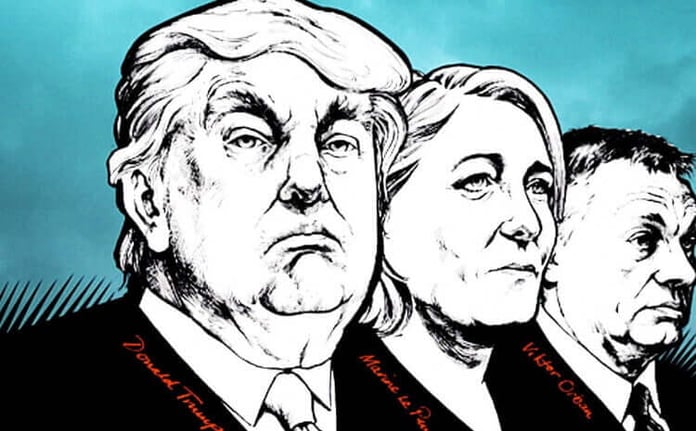
Radical right-wing parties in Europe tend to grow rapidly and then collapse rapidly, often due to their own chronic incompetence. In Germany, the Alternative for Germany (AfD) appeared in 2013. Until the 2017 elections, the AfD was the largest opposition party in parliament. Since then, it has been adorned with extremism and the struggle of the far-right, both verbally and physically. (During one session, a senior member of the party gave a “friendly blow” to a colleague that broke his spleen). The AfD currently has the support of 10 percent of citizens in Germany, still high, but also far from getting closer to the government.
Failures in power
Some other radical right-wing parties have managed to come to power, but then usually show that they are not good at running the country. The Northern League, Italy’s hard-line party, took power in 2018. A year later, while riding high in the polls, Matteo Salvini, its leader, toppled his own coalition to try to call elections. He is now in opposition. In Austria, the far-right Freedom Party was in power before footage emerged showing its leader, sprawled on a couch, offering state contracts to someone he considered to be the niece of a Russian oligarch. Britain, led by the right, has left the EU so badly that probably no other country will copy it, and in 2016, many feared it could trigger an avalanche.
When the circus gets serious
As crises lead to the rise of right-wing parties, there is a dangerous assumption that this will always happen.
Within the EU, Hungary provides an example of what happens when a capable politician takes over the reins of a rebellious right-wing party. In the last decade, Viktor Orban has made himself almost invincible, outsmarting the EU’s attempts to undermine it. Euroscepticism is the voice of a minority in most countries, but in times of crisis and political inaction, it can easily become a galloping force.











